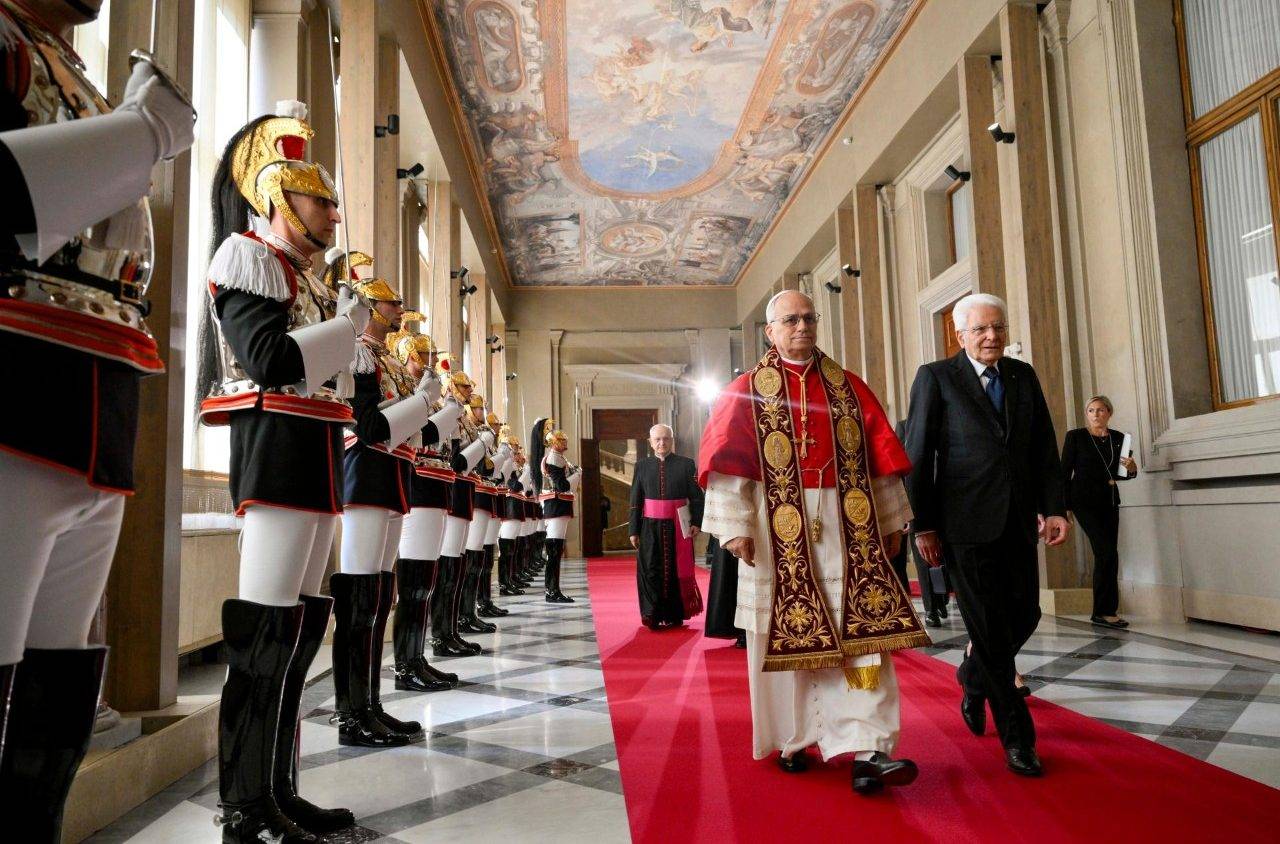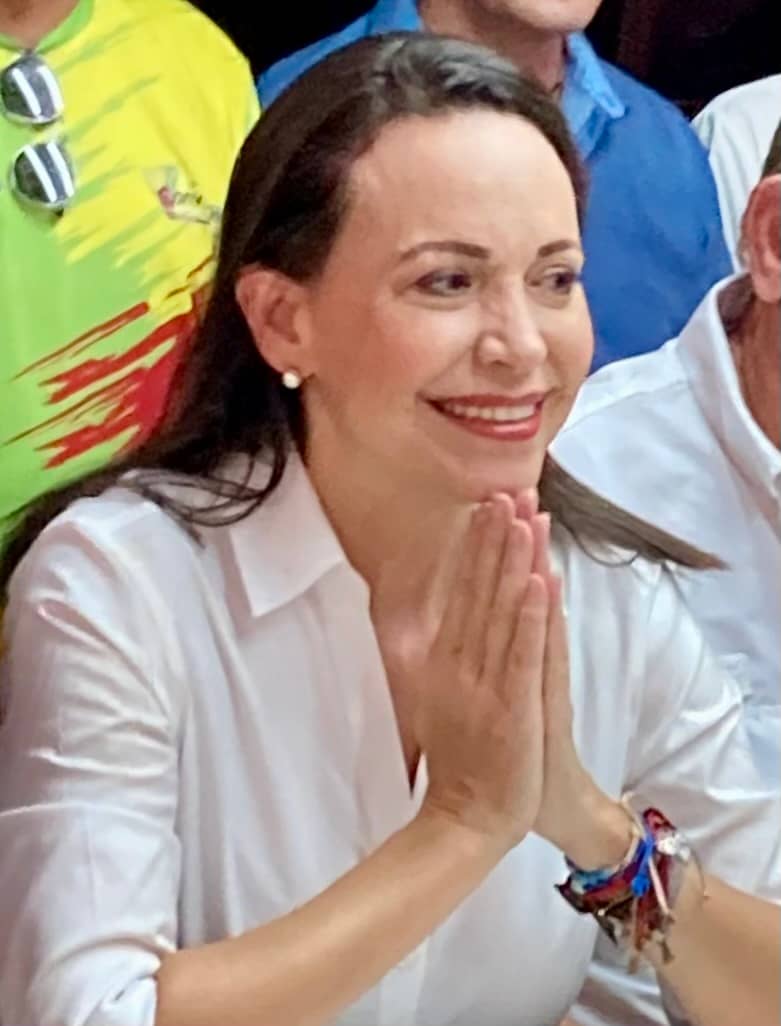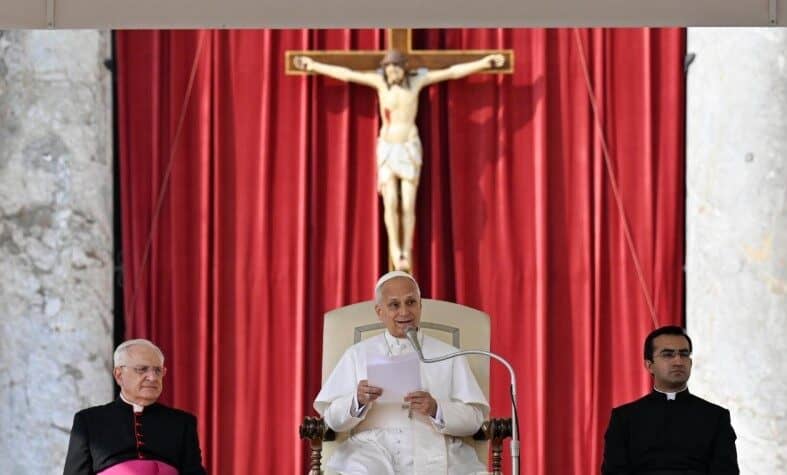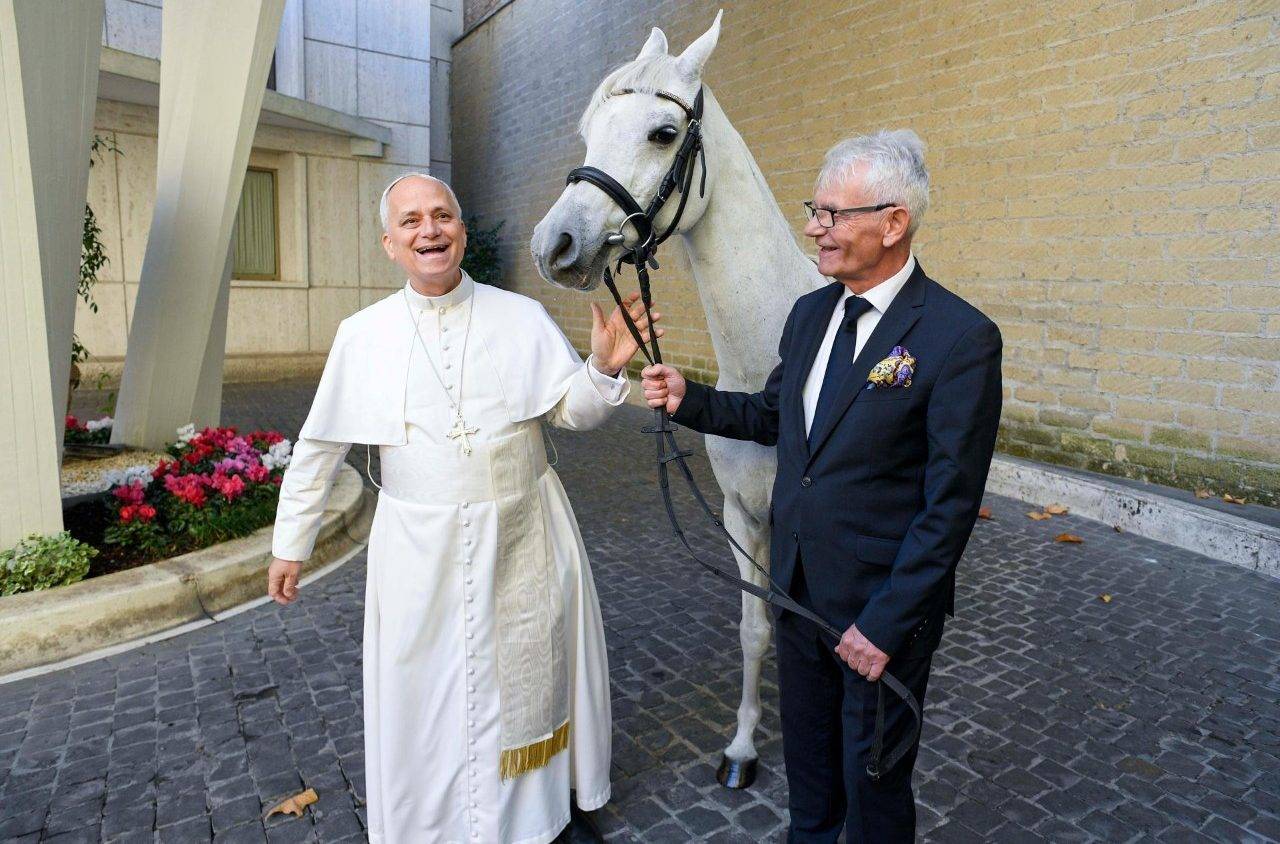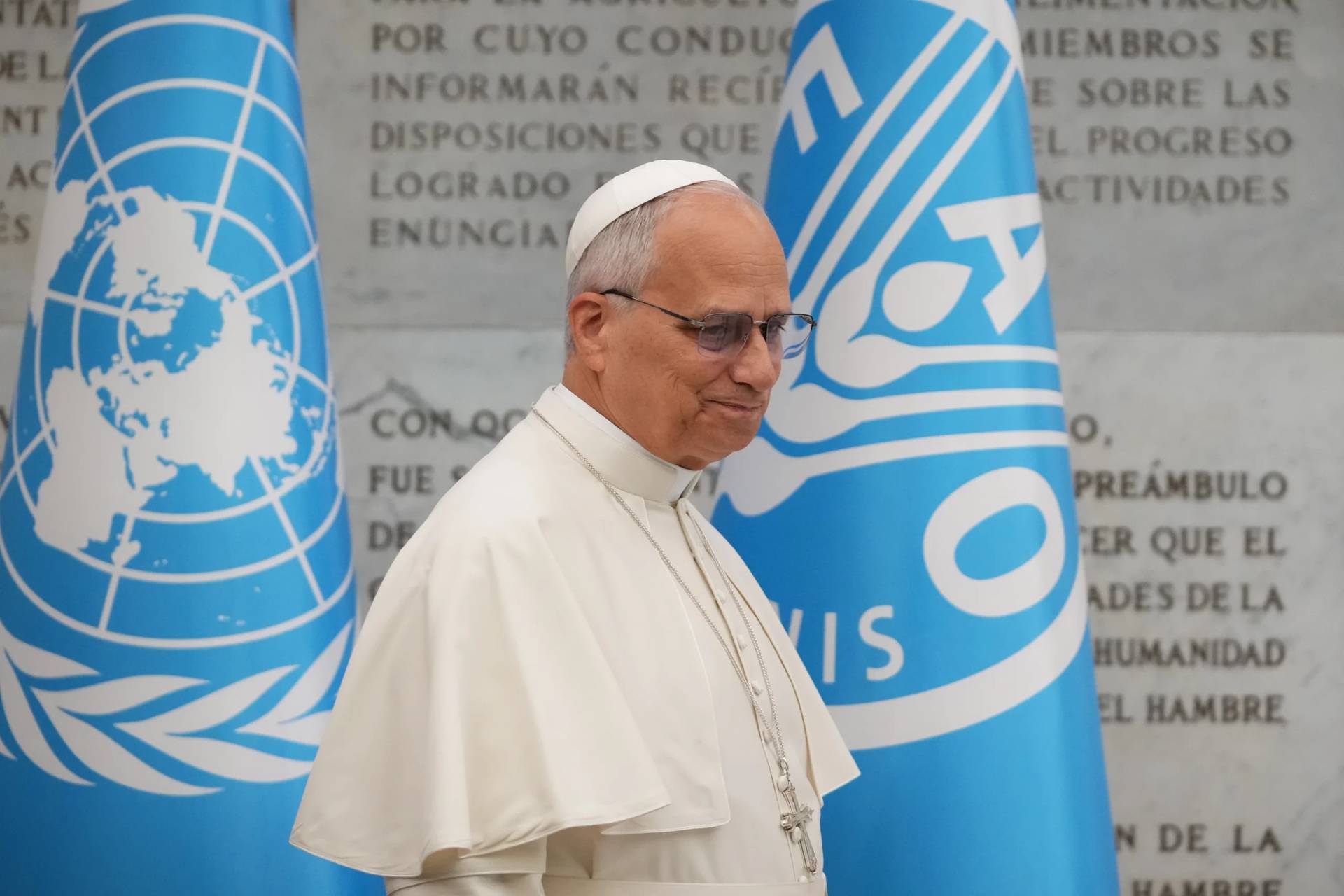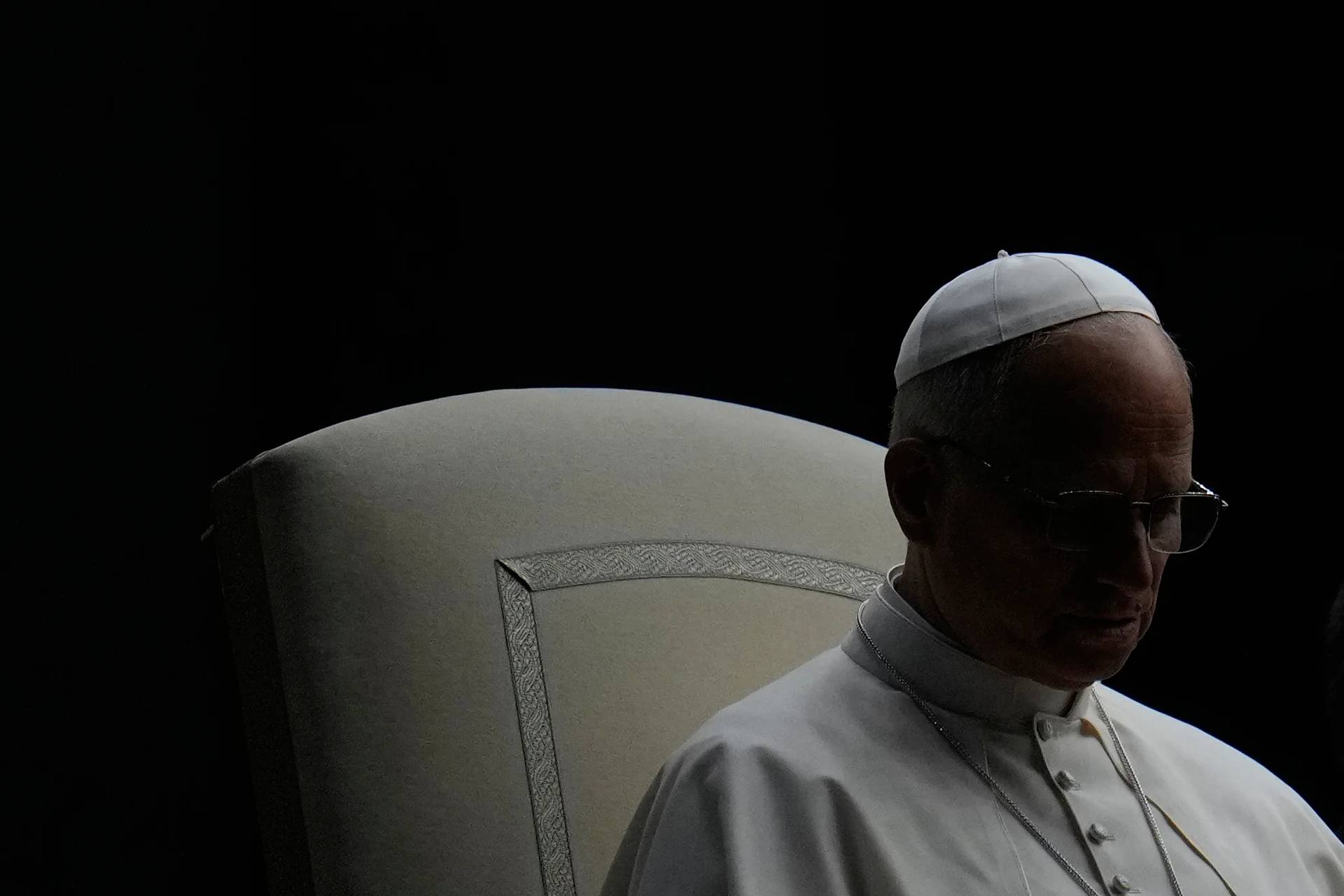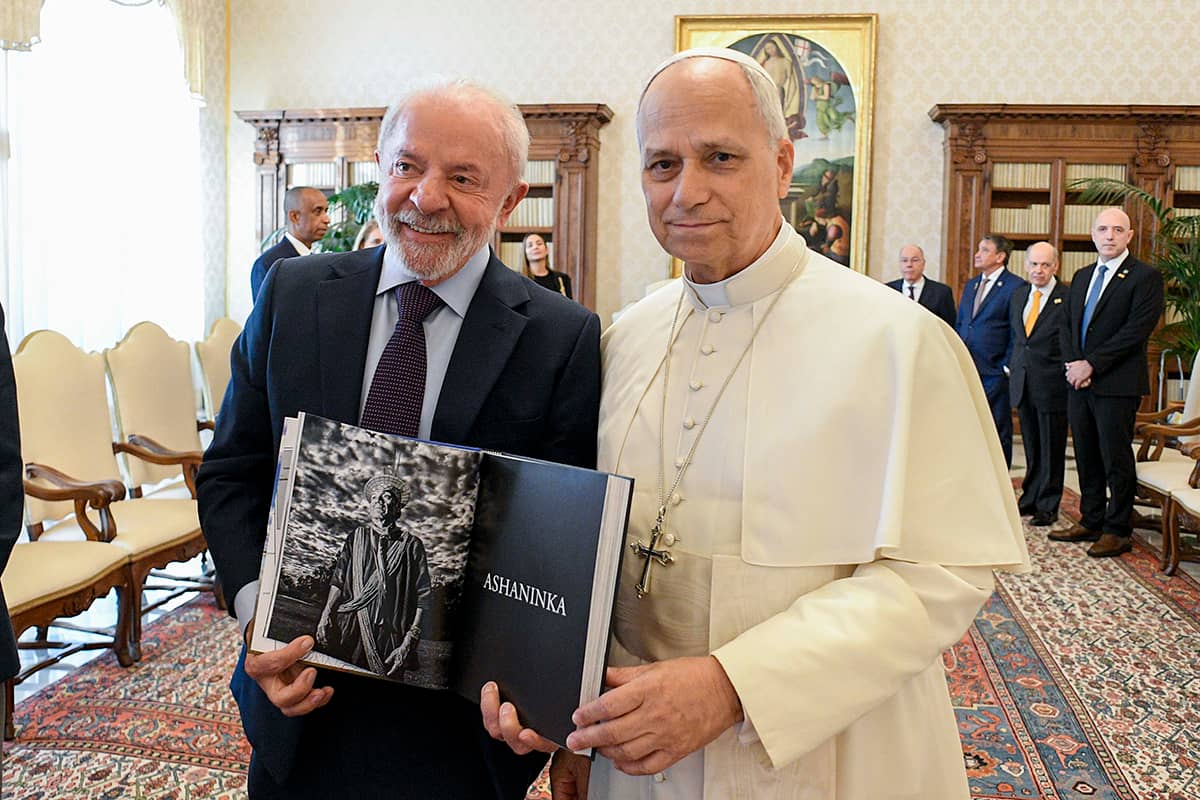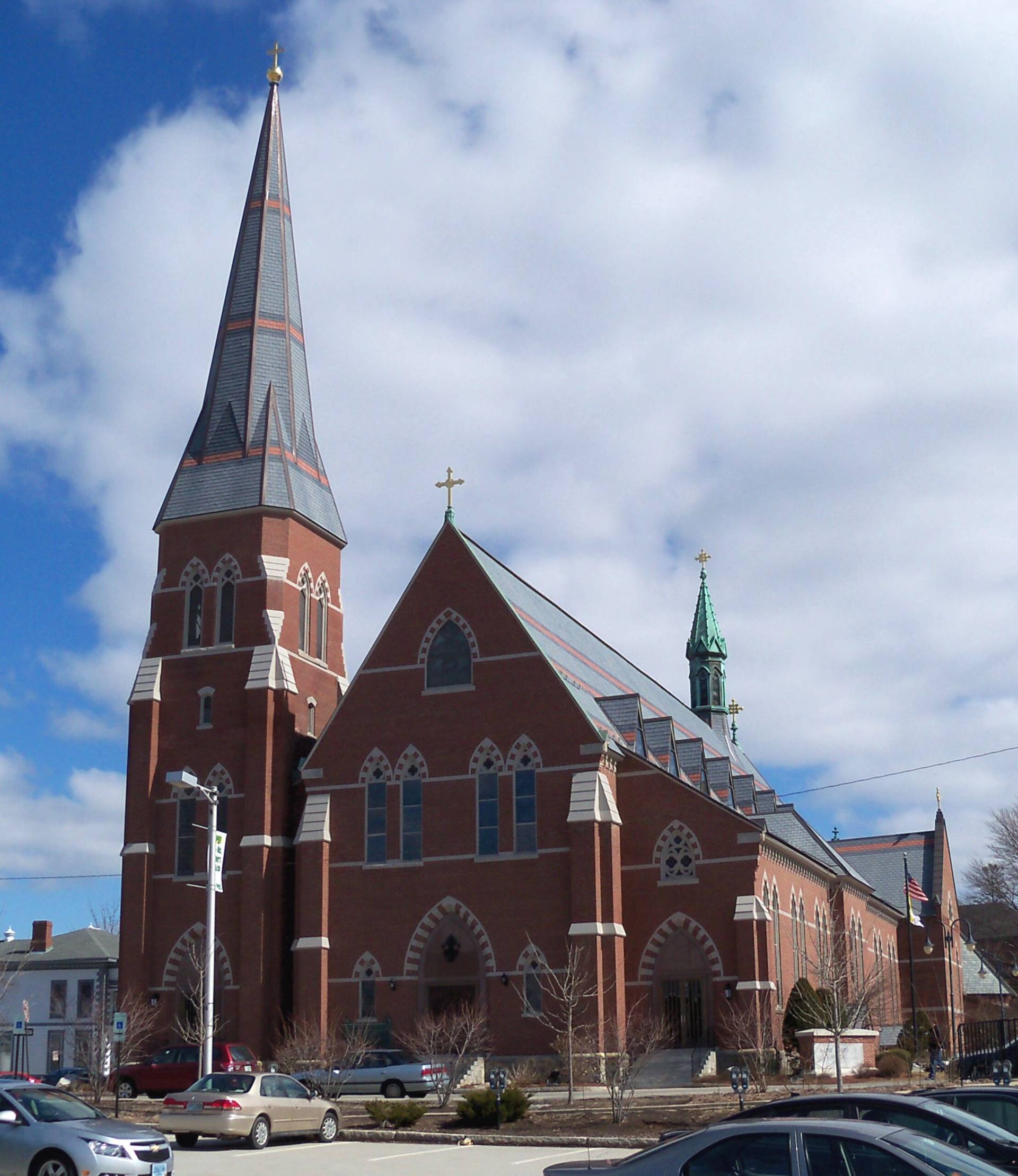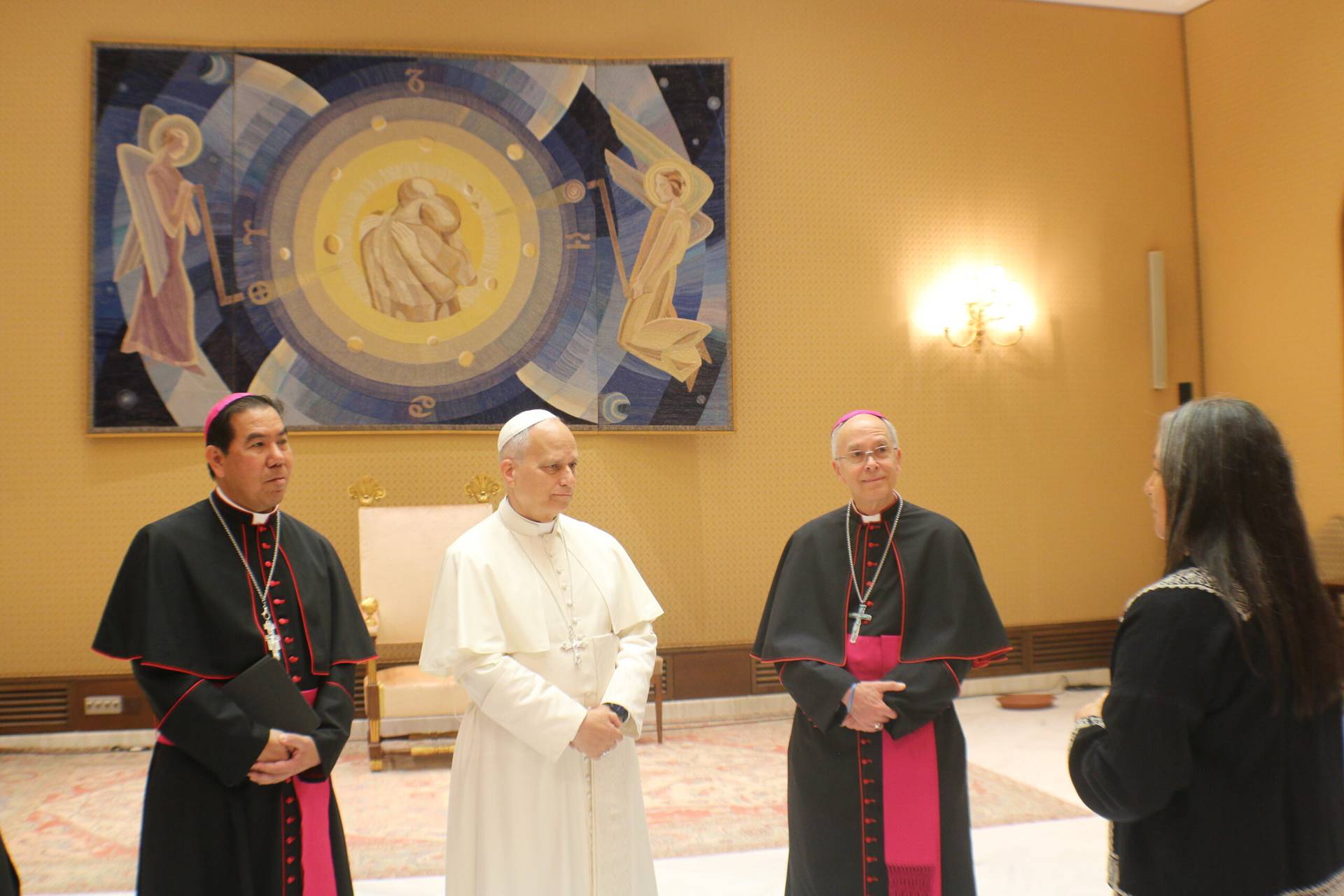– After the Islamic State ravaged large parts of Iraq and Syria in 2014, religious minorities targeted for genocide fled into Kurdistan – but a new report alleges continued discrimination against them.
“We praise the Kurdistan Regional Government for sheltering and protecting these oppressed groups and urge it to continue to take steps to ensure that these communities realize their rights and fully participate in society,” said Father Thomas Reese, chair of the U.S. Commission on International Religious Freedom.
He made his remarks in the wake of the release of the commission’s report on the situation for persecuted religious minorities in Kurdistan.
The report, “Wilting in the Kurdish Sun,” was prepared for the U.S. Commission on International Religious Freedom (USCIRF) between May and August of 2016 and released on June 1.
USCIRF is a bipartisan federal commission charged with monitoring abuses of freedom of religion around the world and making policy recommendations to the State Department on international religious freedom.
In their new report, USCIRF explains how religious minorities in Northern Iraq – Yazidis, Christians, Shabak, and Turkmen – fled the ISIS onslaught in 2014 into Kurdistan. Christians, Yazidis, and Shi’a Muslims were labeled by the U.S. as genocide victims of ISIS, while other minorities were said to be victims of “crimes against humanity.” They took shelter in Kurdistan, including around 70,000 Christians in Erbil.
This has added to the ethnic and religious diversity of the region, which had already become more diverse since the U.S. invasion in 2003 resulted in minorities moving to Kurdistan, the report explained.
However, despite the freedom of religion of these minorities being “comparatively robust” in Kurdistan to other areas in the region, they still face discrimination, violence, and restrictions upon their movement there, the report alleged.
Furthermore, the region’s “strained resources and security situation” threaten to contribute to future unrest and ethnic and religious conflict, the report warned.
Laws in Kurdistan are on the surface “favorable to religious freedom,” USCIRF said, and “senior religious leaders are frequently consulted by ministers and government officials.” Minorities are represented in the regional parliament as mandated by law.
However, “many religious groups complained to researchers that they remain second-class citizens compared with Sunni Kurds,” the report said. And while laws may be friendly to religious minorities, they may not experience such support from their neighbors in their communities.
Some Assyrian Christian lands have been seized or built upon by Kurds in the northern part of the region. In one case “involving Erbil International Airport,” Christian leaders claimed that “land owned by the Chaldean Catholic Church (and others) was built on by developers without permission.”
Although authorities have spoken out against the land appropriations, “Christians, however, are frustrated by a perceived lack of action by the authorities and a lack of recourse in the courts,” the report said. “They believe that encroachments are increasing.”
Christians who tried to demonstrate against the appropriations were prevented from doing so by Kurdish security forces in one instance in 2016.
Additionally, Yazidis have reported pressure that they be identified as ethnic Kurds, contrary to the opinions of some Yazidis that they are separate ethnically.
NGOs have also reported that, in the Sinjar region, there are “economic blockades” and “restrictions on freedom of movement and return, and the prevention of goods and supplies being distributed.”
Other countries surrounding Kurdistan feature abuses of freedom of religion, USCIRF reports.
USCIRF rates countries on how much they respect religious freedom in a tier system. Tier 1 Countries of Particular Concern (CPC) are those with the worst situations for religious freedom, with “severe” abuses of freedom of religion that are “systematic, ongoing, and egregious.”
The State Department has followed USCIRF’s recommendations and has listed Iran as a CPC. USCIRF has also recommended that Syria be designated as a CPC.
Tier 2 countries represent the next level where the religious freedom situations are not as serious, but are still concerning. Iraq is a Tier 2 level country, according to USCIRF’s latest recommendation.
“Until 2017, it was also recommended that Iraq be included in the list of CPCs, but improvements in the country have led to USCIRF revising its assessment,” the commission explained. USCIRF has also listed Turkey as a Tier 2 country.
Yet despite its security for religious minorities that is comparatively better than surrounding areas, Kurdistan on its own “might well be considered a so-called ‘tier 2’ country, requiring close monitoring due to the nature and extent of violations of religious freedom engaged in or tolerated by its authorities,” USCIRF stated.
This is concerning, the report said, because there is already a push for Kurdistan to be an independent country, and the pressure for such a state of affairs may only increase in the future.
“By strengthening institutions and encouraging reforms to promote and protect religious freedoms and minority rights now, (Kurdistan) and its population will ensure that these rights and freedoms are deeply ingrained in the makeup of any new nation and its social contract,” USCIRF said.
“On the other hand, allowing rights and freedoms to be eroded now risks setting a trend that will likely continue after independence.”







